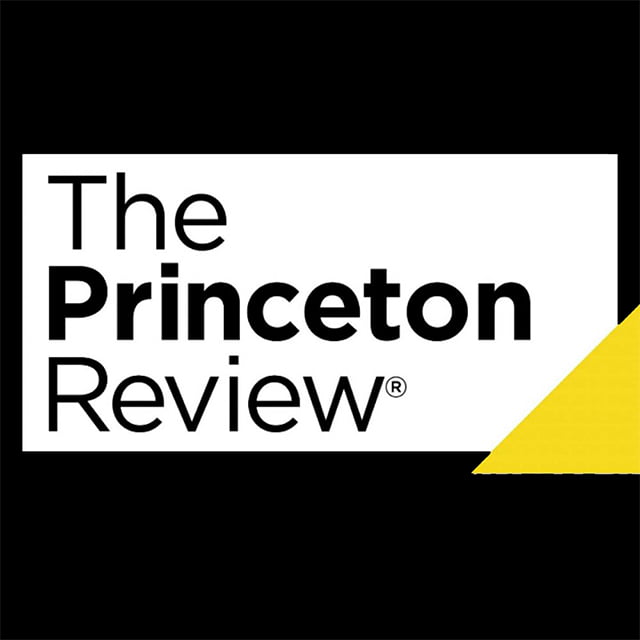Pursuing a career in music production can be both exciting and challenging.


Pursuing a career in music production can be both exciting and challenging.

By: Emily Bunn × Heather Reibsamen In the wake of the weekend, Independence University is suddenly closing, causing panic and confusion for its student body and the federal government. Still, as of Wednesday morning, the University’s website hasn’t been updated to publicly broadcast the closing. Independence University’s website’s owner, The Center for Excellence in Higher […]

NCAA LGBTQ OneTeam facilitators publish open letter condemning anti-transgender legislation The NCAA LGBTQ OneTeam, a group of NCAA- trained facilitators at colleges across the country published an open letter condemning the actions taken by 28 states across the country to introduce, pass, and sign anti-transgender legislation. 2021 has been a record year for anti-transgender legislation, with 93 […]

Back-to-school season is in full swing; college students are moving back to campus and preparing for class. However, as we’ve all probably heard plenty of times in the past few months, these are unprecedented times. The COVID-19 pandemic is still very much present, and though students have been back at school for only a short […]

By Eamonn Burke As the Coronavirus spreads at its fastest pace yet in the United States, schools and colleges are facing the tough question of how to face the fall semester. Education facilities from kindergarten to graduate school have to rethink how classes will be run in person, and if they will be run in […]

Journalism is an exciting, fast-paced, and interesting career where no two days are the same. Journalists can work for newspapers, TV stations, websites, magazines and radio stations. Most of the time, the best way to get into a career as a journalist is to earn a relevant degree, although you might be able to get […]

Two Houston, TX schools earned #1 spots on our just-reported lists of the Top Schools for Entrepreneurship Studies for 2020: ● The University of Houston is #1 on the undergrad schools list ● Rice U is #1 on the graduate schools list. The Princeton Review surveyed more than 300 schools offering entrepreneurship studies, and analyzed more than 60 survey […]

Expert comment on Telegram cyber attack from Mark Skilton, Professor of Practice at Warwick Business School, who researches and consults on cyber security. He said: “This type of attack is government censorship using cyber tools to block internet traffic. In this case it was massive overwhelming traffic noise targeting Telegram servers and networks to slow […]